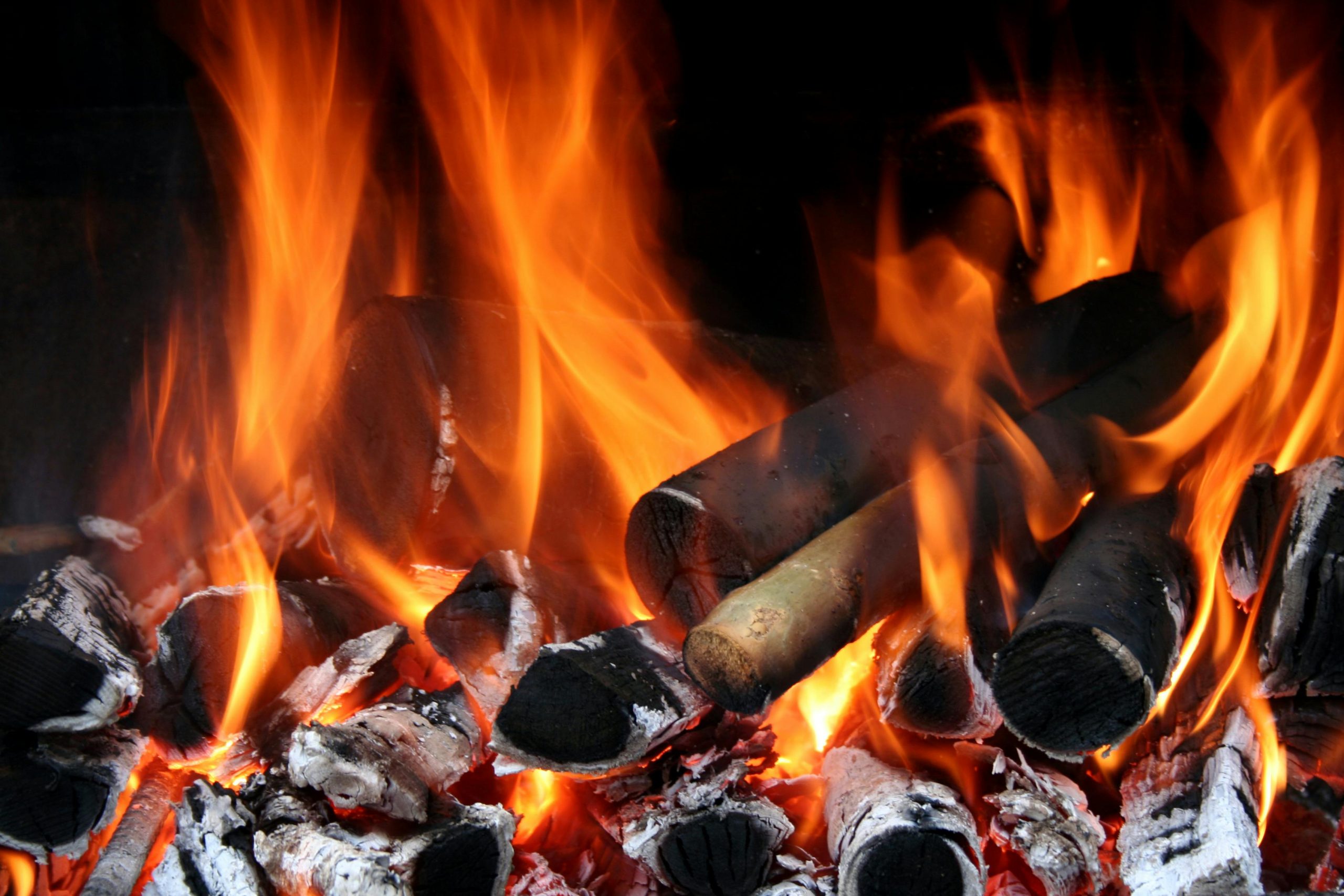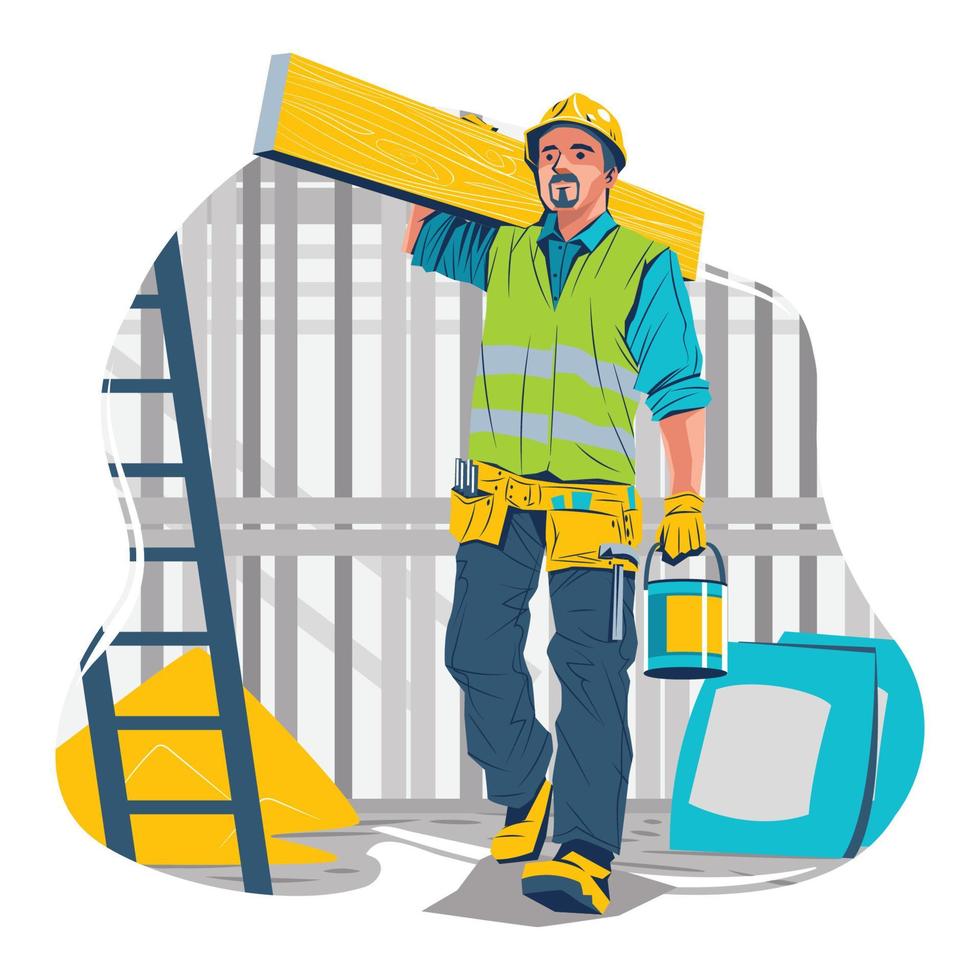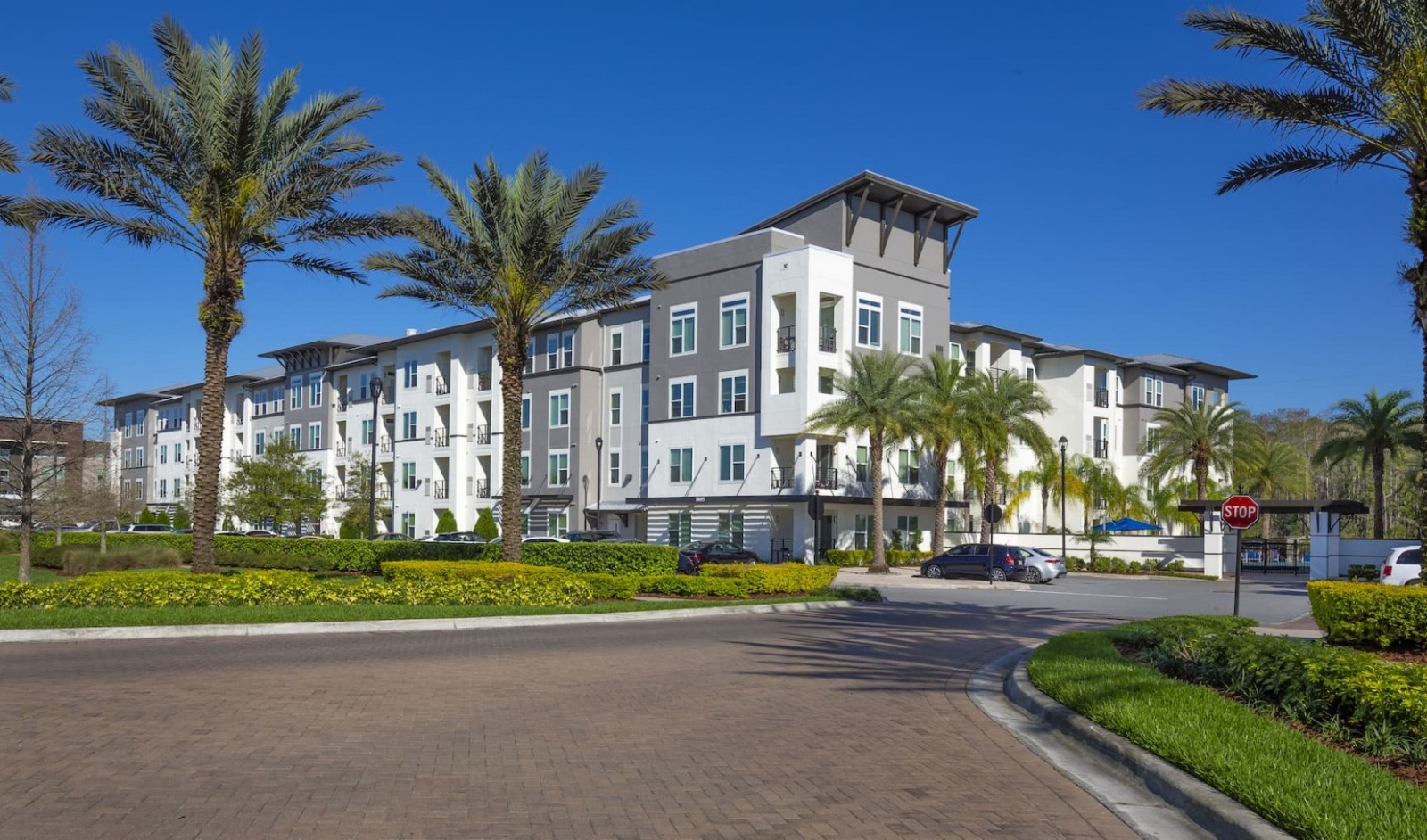Introduction
In recent years, charcoal production has seen a significant transformation across Europe, particularly in Lithuania. As the global demand for renewable energy and sustainable fuel sources continues to rise, charcoal has regained importance not only as a traditional heating material but also as a vital resource for industries and households. Lithuania, with its vast forest resources and eco-friendly production methods, has become one of the leading countries in Charcoal production. This article explores how charcoal manufacturing in Lithuania has evolved into a sustainable and efficient process that benefits both the environment and the economy.
The Importance of Charcoal in Modern Energy Solutions
Charcoal has been used for centuries as a reliable source of energy, cooking fuel, and industrial material. Despite the rise of modern fuels, charcoal continues to play an essential role in global energy systems. Its high calorific value, low moisture content, and long burning duration make charcoal a preferred choice for heating, metallurgy, and even barbecuing. In Lithuania, producers focus on high-quality hardwood charcoal that meets international standards and provides cleaner combustion with minimal smoke emissions.
Sustainable Hardwood Charcoal Production in Lithuania
Lithuania’s forests, primarily consisting of oak, birch, and beech trees, provide the perfect raw materials for hardwood charcoal production. The country’s approach to charcoal manufacturing emphasizes sustainability and responsible forest management. Instead of cutting down healthy trees, producers utilize wood residues, sawdust, and by-products from the timber industry. This practice ensures that charcoal production does not contribute to deforestation but rather supports a circular economy. Modern charcoal plants in Lithuania use eco-friendly technologies that minimize waste and air pollution.
The Charcoal Production Process
The process of making charcoal involves carefully controlled pyrolysis — the heating of wood in the absence of oxygen. In Lithuania, this process is optimized through advanced kiln systems that enhance efficiency and product quality. The stages include wood selection, drying, carbonization, and cooling. By controlling temperature and air flow, Lithuanian producers ensure that the charcoal retains a high carbon content, which results in better burning performance. The resulting charcoal is durable, lightweight, and suitable for a variety of applications, from home grilling to industrial use.
Environmental Benefits of Lithuanian Charcoal
Lithuania’s approach to charcoal production aligns with global environmental goals. Sustainable charcoal production helps reduce carbon emissions by replacing fossil fuels with renewable biomass. Moreover, the use of hardwood waste materials in charcoal manufacturing contributes to forest conservation. Modern kilns used in Lithuanian facilities are designed to capture and reuse gases released during carbonization, further lowering the environmental footprint. As a result, charcoal made in Lithuania is often considered one of the cleanest and most eco-friendly products on the European market.
Economic Impact and Export Potential
The charcoal industry in Lithuania plays a crucial role in supporting rural economies and creating job opportunities. Many small and medium-sized enterprises are engaged in the production and export of hardwood charcoal, supplying markets across Europe and beyond. Lithuanian charcoal is recognized for its consistency, quality, and sustainable sourcing, making it a popular choice among wholesalers, restaurants, and retailers. The increasing demand for eco-certified charcoal products has positioned Lithuania as a key player in the European biomass and renewable energy sectors.
Technological Advancements in Charcoal Production
One of the reasons behind Lithuania’s success in charcoal production is its investment in modern technology. Automated kilns, temperature control systems, and improved air circulation techniques have revolutionized how charcoal is produced. These technologies not only enhance efficiency but also ensure consistent product quality. Many Lithuanian producers now use digital monitoring systems to track every stage of charcoal production, ensuring compliance with environmental regulations and sustainability standards.
Applications of Lithuanian Hardwood Charcoal
Lithuanian hardwood charcoal is used for a wide range of purposes. Domestically, it serves as a reliable heating fuel and cooking material. Internationally, it is sought after for barbecue use due to its clean burn and long-lasting heat. In addition, industries such as metallurgy and chemical manufacturing utilize charcoal as a carbon-rich material in various processes. With its versatility and eco-friendly profile, charcoal remains an indispensable resource in both domestic and industrial applications.
The Future of Charcoal Production in Lithuania
The future of charcoal production in Lithuania looks promising as global markets continue to shift toward renewable and sustainable energy sources. Ongoing innovations in production methods and an increasing focus on environmental responsibility ensure that Lithuanian charcoal remains competitive. With support from the government and private sectors, Lithuania is poised to expand its charcoal exports while maintaining its commitment to sustainable forestry and green energy.
Conclusion
In conclusion, hardwood charcoal production in Lithuania stands as a model of sustainability, efficiency, and environmental responsibility. By utilizing renewable biomass, employing advanced technology, and adhering to eco-friendly practices, Lithuanian producers have positioned their charcoal as a high-quality, sustainable energy source for the modern world. From local households to international industries, charcoal continues to be an essential component of energy solutions, supporting both economic growth and environmental preservation. With its commitment to innovation and sustainability, Lithuania’s charcoal industry is set to remain a leader in renewable energy production for years to come.



